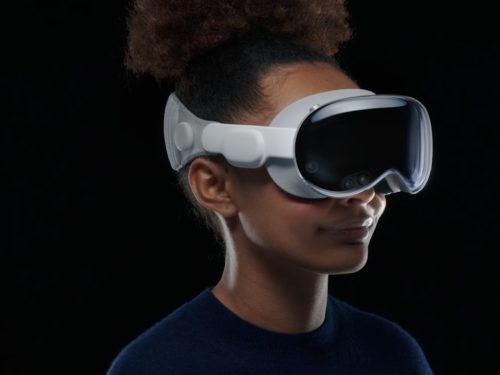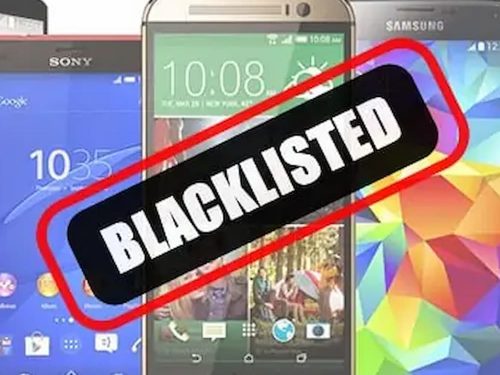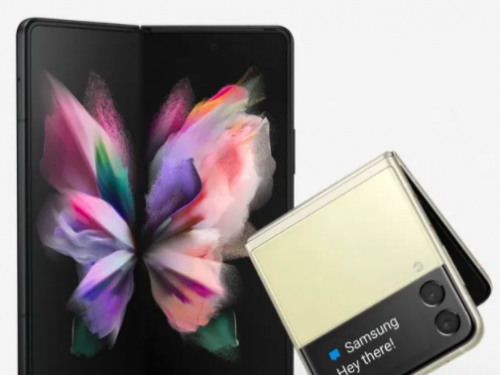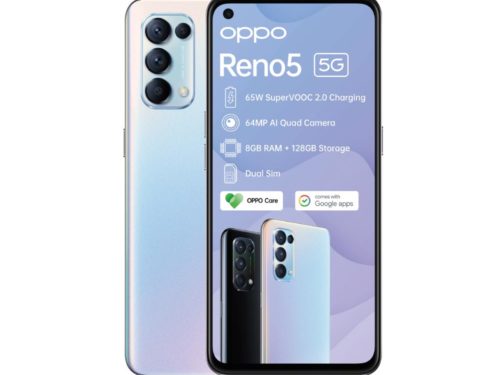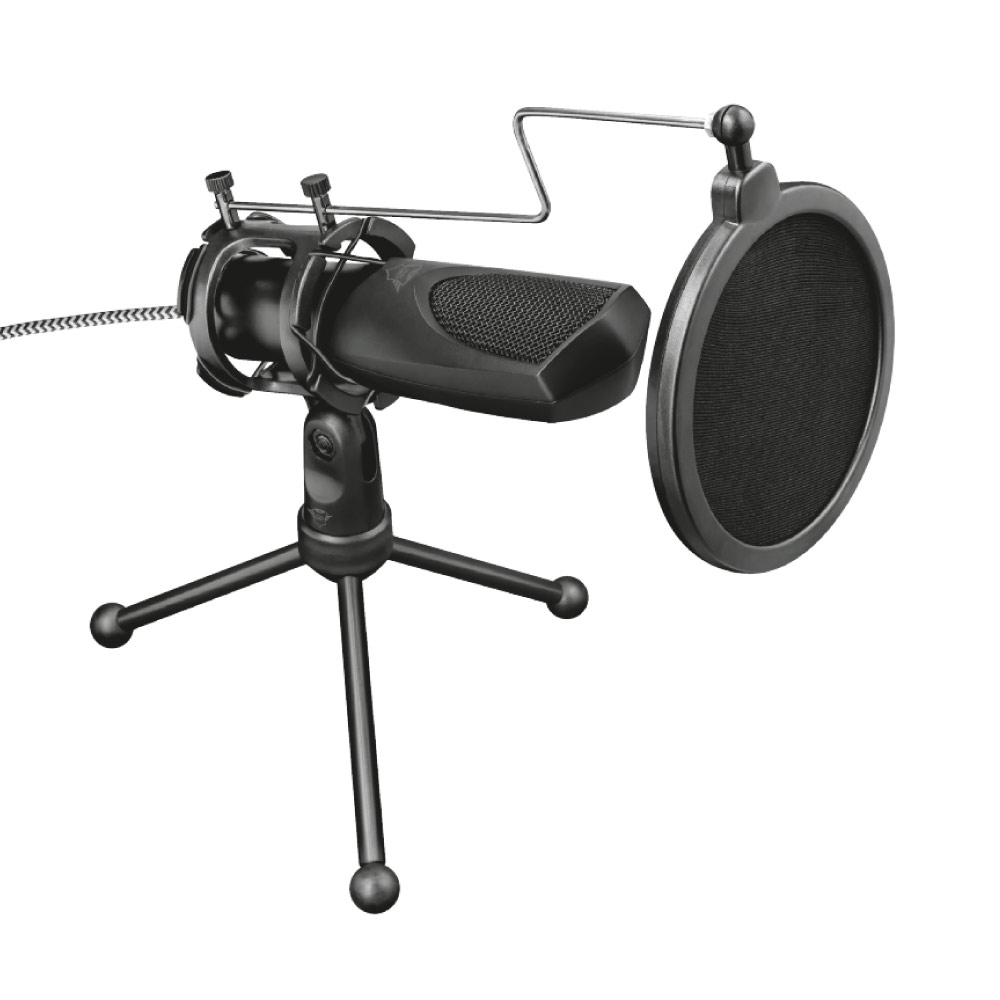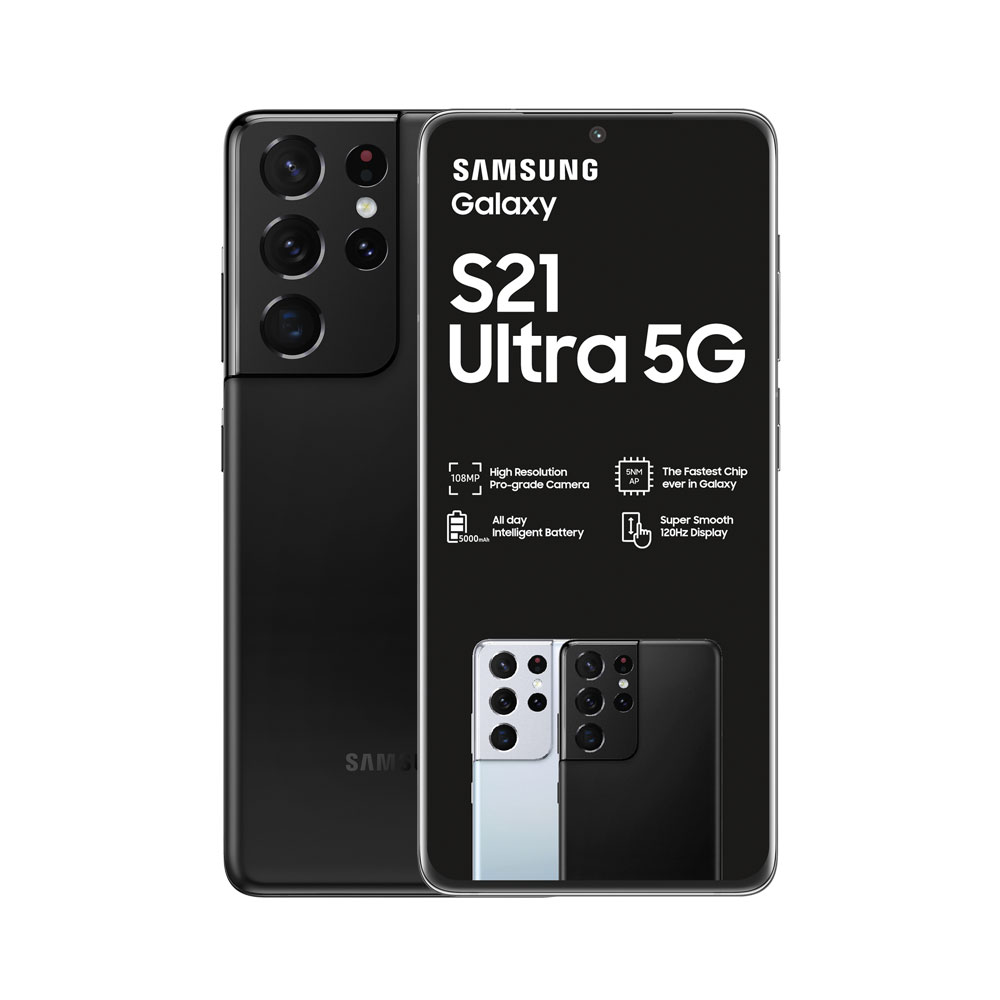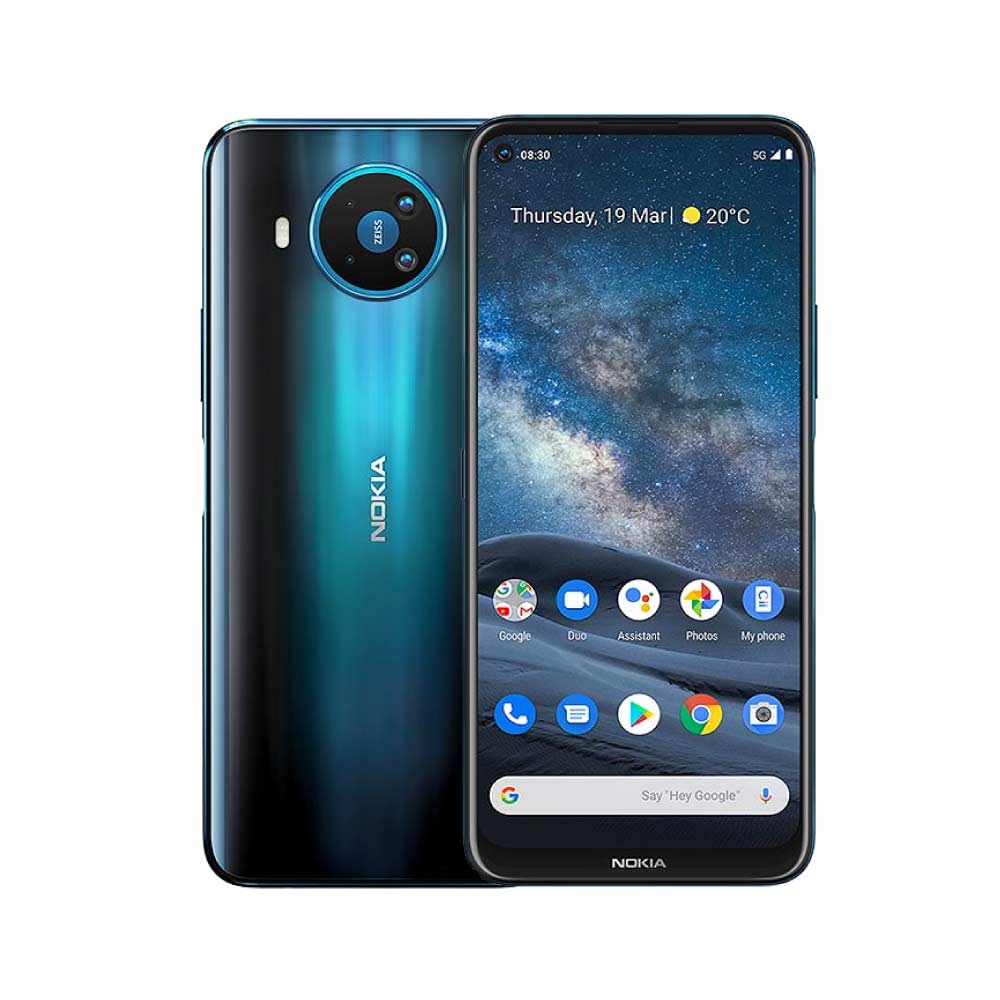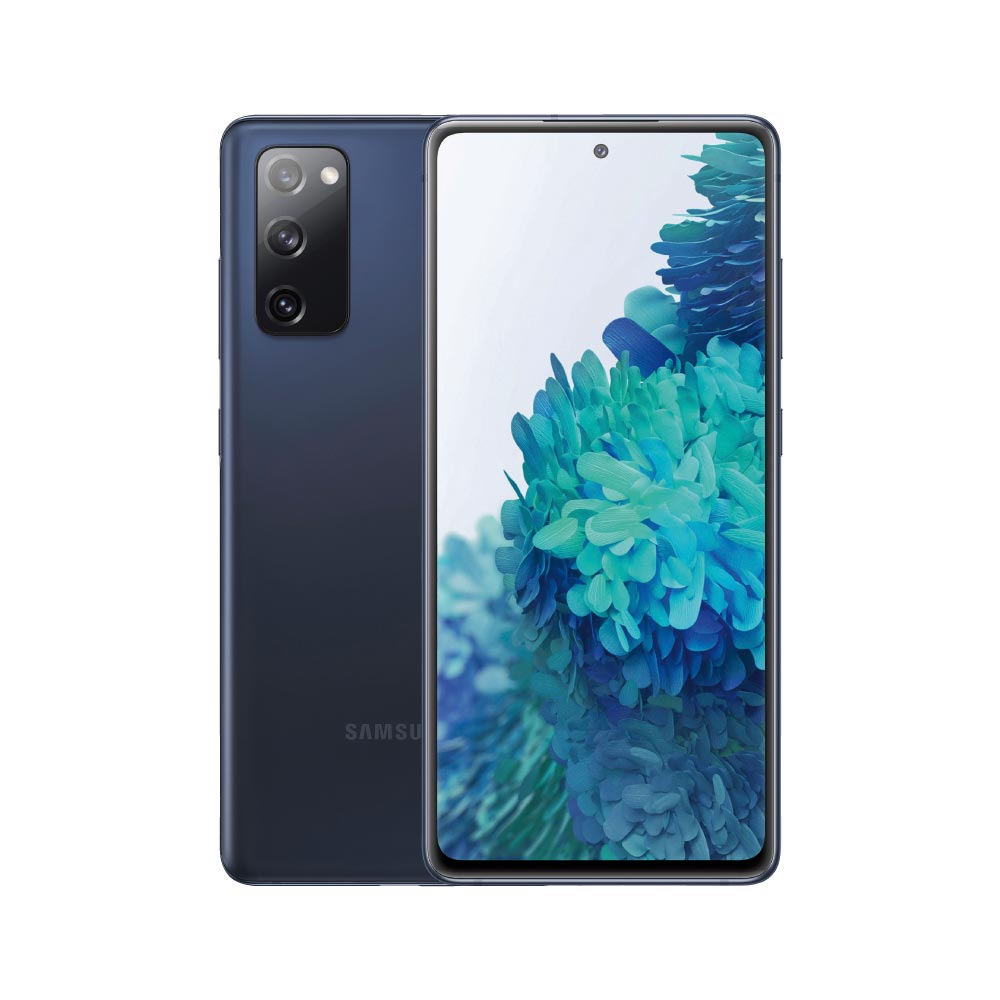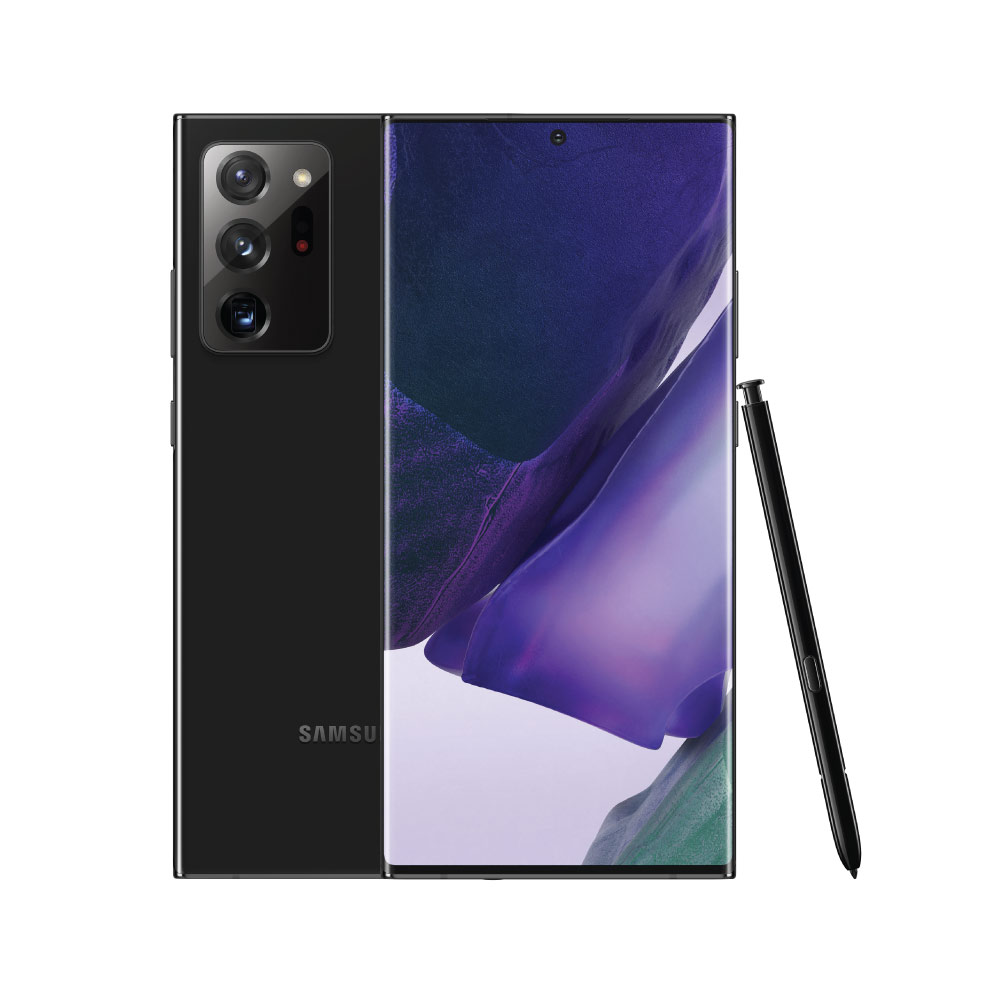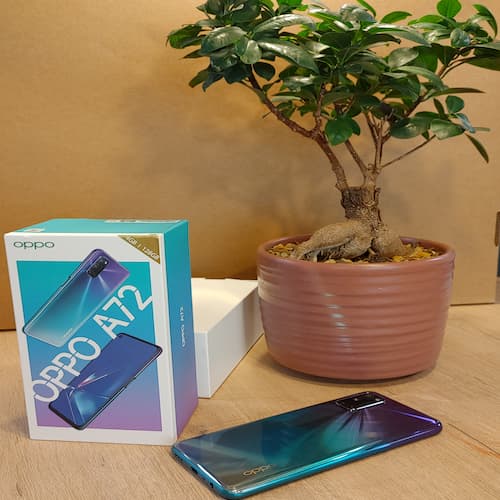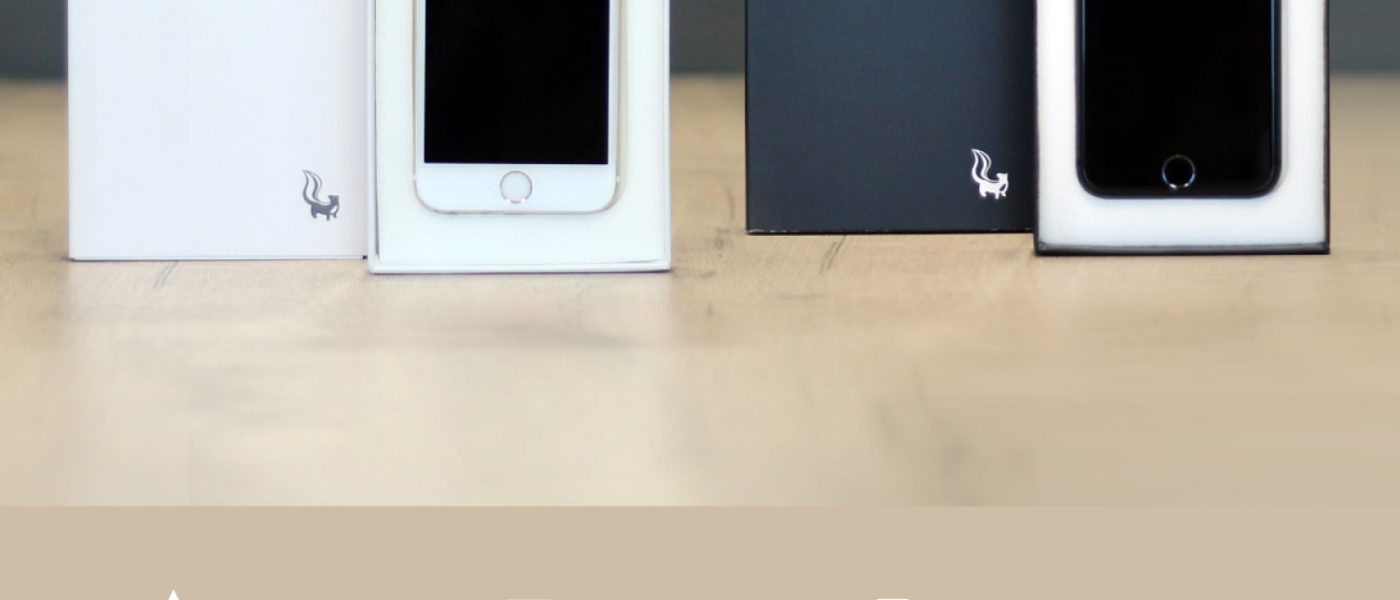

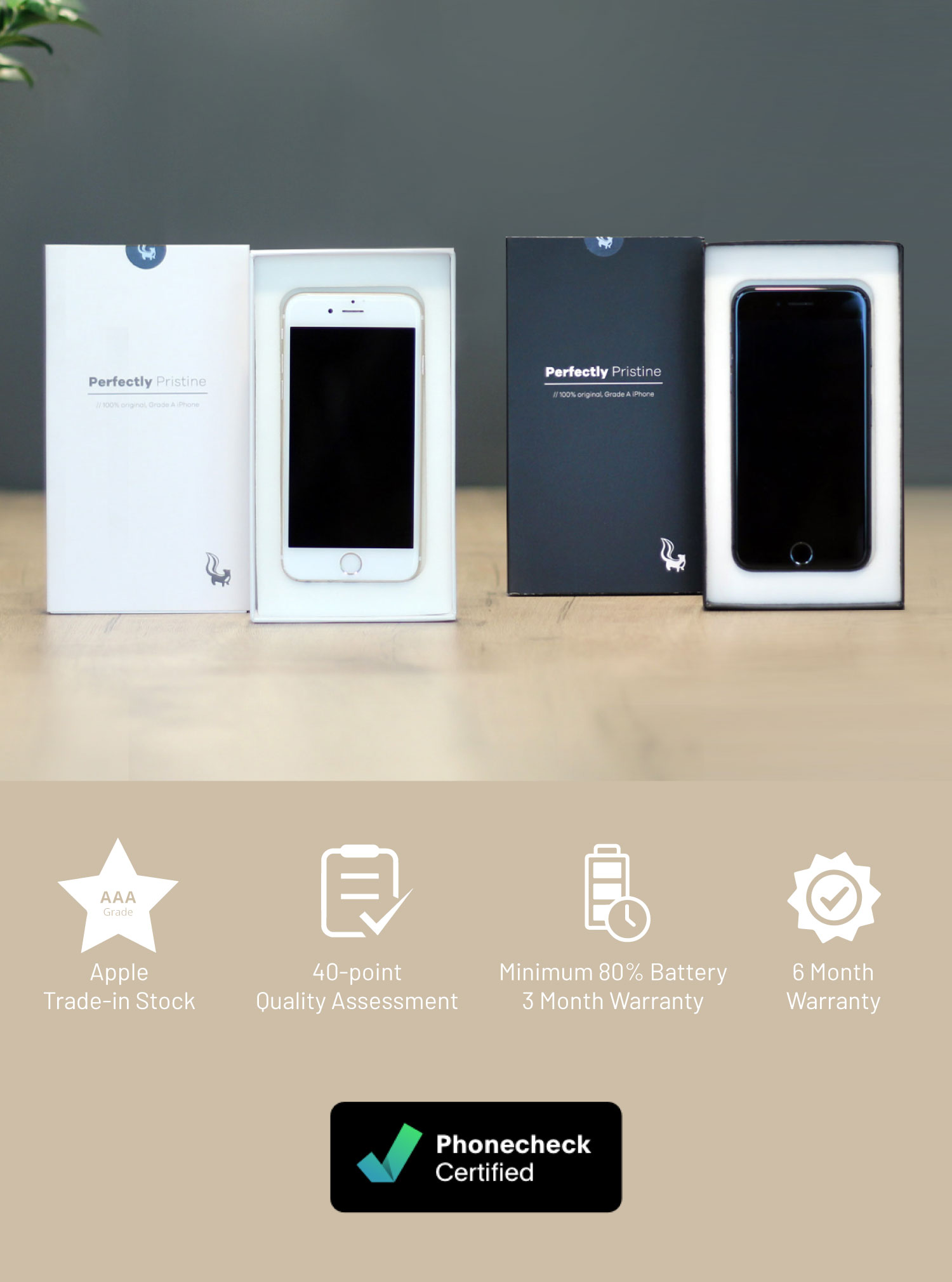
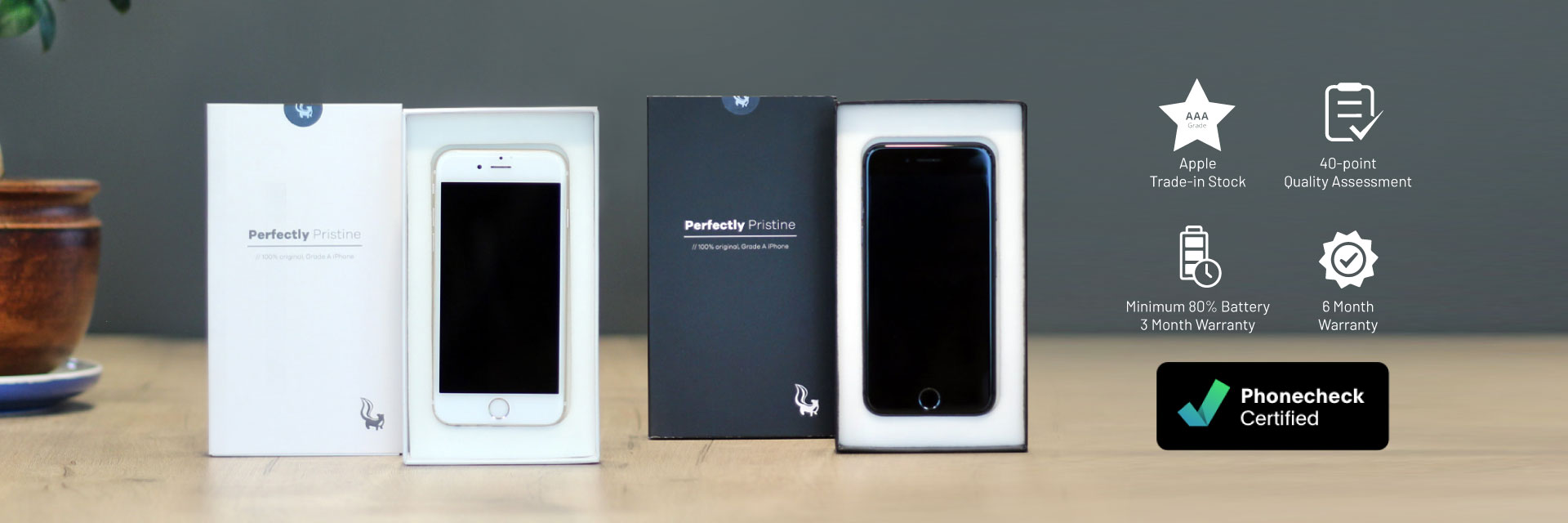
In the world of used iPhones not all iPhones are equal.
The price you pay is not necessarily indicative of the quality of the device you will get and the market is fraught with pitfalls. When shopping for a used or “as is” iPhone it is worth considering a few useful tips.
iPhones are classified into five broad categories: A-Grade, B-Grade, C-Grade, CPO, Refurbished
A-Grade devices:
These have 100% original parts; at least 80% battery life remaining and look almost new, with no discernible scratches or dents.
B-grade iPhones:
These have minor scratches or dents and perhaps even some non-original parts.
C-Grade:
This is the most common iPhone quality sold in South Africa because of the significantly cheaper price and abundance. These devices can have noticeable scratches on the screen, dents on the corners and pock marks on the anodising rear of the phone.
Warranties vary but typically Grades A to C come with a three to twelve-month warranty.
CPO (certified pre-owned)
They are the gold standard in used iPhones and are only issued by Apple and sold through the mobile networks or Apple Approved Resellers. These are devices that have been traded in and refurbished by Apple at their factories, with original parts. They look new and come with a 12-month global Apple warranty. These devices are seldom available and come at a premium price. Be careful though, some traders use the CPO label for their refurbished phones.
Refurbished iPhones:
These are phones that have been traded in and sent to a factory to be overhauled. These devices vary in quality and generally appear like new. They may however contain several cheaper non-original components like screens and batteries to try to bring them back up to functional specification. Screens may have been lasered to remove some imperfections. These devices typically come with no or limited warranties.
Replacing a device and Insurance:
Insurance companies in South Africa are starting to follow their compatriots abroad and introducing “as is” iPhones as credible insurance replacements for customers, however, most insurance companies are unaware of the classification and simply replace them with the cheapest device. This has the potential to harm the market as not all 2nd hand iPhones are equal.
The price escalation of subsequent new iPhone models often leaves the consumer well underinsured. Replacing with a 2nd hand device is a great option, particularly if one can “upgrade” and secure a quality device and large memory capacity without having to chip in any money. The most popular 2nd hand models currently are the iPhone 7 128GB and the iPhone X 256 GB.
What to look out for:
Buying a 2nd hand iPhone on one of the online classified websites has its own challenges. This market is completely unregulated and is the dumping ground of stolen devices. These phones can be blacklisted and bricked months after buying them without any recourse, they carry no warranty and are often more expensive than buying a 2nd hand device retail with a warranty.
To import 2nd hand iPhones requires a second-hand phone importers permit from the Department of Trade and Industry and ICASA approval for each model. Unfortunately, the majority of 2nd hand grade B and C iPhones making their way into South Africa are skirting many of the official channels where import duties, ICASA fees and VAT amounts to a saving of over 26%.
Apple manufactures iPhones for many markets and it is important to buy a device with the right bands or frequency ranges for South Africa as devices that are not fully compatible will drop calls and give a compromised user experience.
Here are your top tips
- Try to buy the best quality for your budget – A grade or CPO device.
- Always look for the ICASA sticker on the box, this guarantees it is compatible with our networks and not an illegal import.
- Attempt to buy the bigger memory devices, on 2nd hand iPhones the price difference is minor.
- Buy from reputable websites or retailers, these devices will come with a warranty of 6 to 12 months.
- Try to buy a device with at least 80% of its battery capacity or you are going to need to spend on replacing the battery from the get-go.
- If you are getting a 2nd hand iPhone as an insurance replacement insist on a grade A device only.
- Look for suppliers carrying a quality certified mark. Companies like “PhoneCheck” offer comprehensive assessment to ensure all hardware is fully functional, phones are not linked to any iCloud accounts and they have not been listed on international blacklisting databases.
New iPhone models are in reality out of reach for the majority of South Africans but 2nd hand iPhones have the potential to double or triple the iPhone consumer base in South Africa. The demand for these devices in emerging markets is just starting to get traction.
You can browse the full range of Pre-owned iPhones available at Cellucity here: https://cellucity.co.za/product-category/phones/pre-owned-phones/
